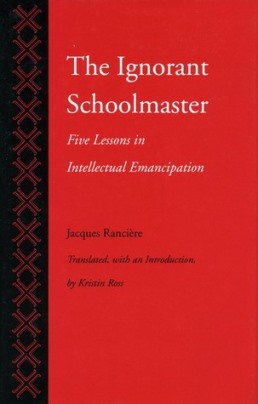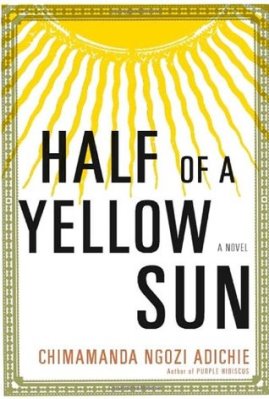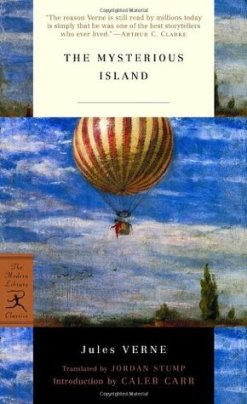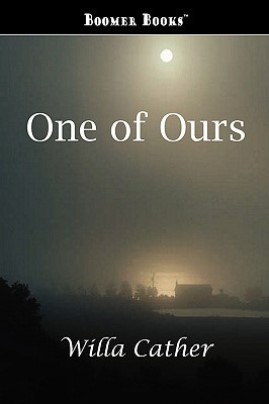Introduction of the ebook: The Ignorant Schoolmaster: Five Lessons in Intellectual Emancipation
Đánh giá : 4.02 /5 (sao)
This extraordinary book can be read on several levels. Primarily, it is the story of Joseph Jacotot, an exiles French schoolteacher who discovered in 1818 an unconventional teaching method that spread panic throughout the learned community of Europe.
Knowing no Flemish, Jacotot found himself able to teach in French to Flemish students who knew no French; knowledge, Jacotot This extraordinary book can be read on several levels. Primarily, it is the story of Joseph Jacotot, an exiles French schoolteacher who discovered in 1818 an unconventional teaching method that spread panic throughout the learned community of Europe.
Knowing no Flemish, Jacotot found himself able to teach in French to Flemish students who knew no French; knowledge, Jacotot concluded, was not necessary to teach, nor explication necessary to learn. The results of this unusual experiment in pedagogy led him to announce that all people were equally intelligent. From this postulate, Jacotot devised a philosophy and a method for what he called “intellectual emancipation”—a method that would allow, for instance, illiterate parents to themselves teach their children how to read. The greater part of the book is devoted to a description and analysis of Jacotot’s method, its premises, and (perhaps most important) its implications for understanding both the learning process and the emancipation that results when that most subtle of hierarchies, intelligence, is overturned.
The book, as Kristin Ross argues in her introduction, has profound implications for the ongoing debate about education and class in France that has raged since the student riots of 1968, and it affords Rancière an opportunity (albeit indirectly) to attack the influential educational and sociological theories of Pierre Bourdieu (and others) that Rancière sees as perpetuating inequality.
…more
Review ebook The Ignorant Schoolmaster: Five Lessons in Intellectual Emancipation
The Ignorant Schoolmaster is a strange and strangely inspiring little book in the romantic tradition of Rousseau. Published in 1991, it would have been popular in the romantic educational sixties, focused as it is on individualism and deschooling (Ivan Illych). It recalls for me Writing Without Teachers by Peter Elbow and A. S Neill’s Summerhill and Jonathan Kozol’s anarchistic free schools. And, since it favors families over teachers (who are usually stultifying explicators rather than emancipa The Ignorant Schoolmaster is a strange and strangely inspiring little book in the romantic tradition of Rousseau. Published in 1991, it would have been popular in the romantic educational sixties, focused as it is on individualism and deschooling (Ivan Illych). It recalls for me Writing Without Teachers by Peter Elbow and A. S Neill’s Summerhill and Jonathan Kozol’s anarchistic free schools. And, since it favors families over teachers (who are usually stultifying explicators rather than emancipators), maybe it echoes calls for home schooling (or even solo schooling, no schools at all) over what Rancierre’s fellow Althusser mentee Pierre Bourdieu claimed: Schools as primarily institutions for the purpose of reproducing society (and class divisions) and not for creating social revolutions and equity. Conformity, not freedom.
Rancierre separated himself from conservative notions of education, but he wasn’t any more hopeful about progressive education, with its equally essentialist assumptions about “what all kids” need. Both tend to explicate instead of liberate, according to Rancierre. But today the progressives are in retreat, beaten down by the Common Core and the worldwide and increasing schools-as-24/7-testing agencies. Argument reigns. Narrative and the imagination are in the back seat. Rancierre is uncompromising, though, in response. He says emancipation and liberation can’t take place in schools. Only stultification. Schools teach for conformity. We are not all alike, Rancierre says; human variety is the nature of the world. Learning to be emancipatory has to be free of prescribed curricula.
Rancierre uses as his guide a 19th century French educator, Jacotet, who in 1818 adopted an approach to “teaching what you don’t know how to teach.” You become ignorant, in other words, if you want to truly teach. I tend to look at this position as not literally true, but as a metaphor. As he says elsewhere, everyone is equally intelligent (or we are differently intelligent, or all intelligent in our own ways). If we buy this multiple intelligences approach, then there’s no such thing as absolute ignorance. The point as I take it is for the teacher to embrace humility, or to approach students democratically, not with arrogance but willing to listen to students sometimes and learn from them. To be an ignorant schoolmaster is to be a humble one, not starting with an assumption of the ignorance and inequality of the students.
So this approach seems a little optimistic, given that some students don’t always seem to have the will to learn. They can be bored, passive. But the solution in part is to keep honoring students and help them to engage in ways and ideas they see as fruitful and interesting. Rancierre takes a pragmatist position, not one outlined in advance; his is responsive teaching, reflective, inquiry-based. Improvisational. Learning is ideally local, contextual, problem-based/solving. Freedom is key to learning. But is it always practical? With some subjects it seems clearly naïve. Can you learn organic chemistry, for instance, completely through inquiry, through answering your own questions?
As with all romanticism, Rancierre’s approach is individualistic, not social. He doesn’t really believe any good can be accomplished when people of like minds come together. He thinks politics are basically futile. But how can you change the world? Not through mere individual freedom, surely. Rancierre doesn’t seem to have respect for citizenship. Or maybe he is implying we have to become free and self-efficacious human beings before we become citizens. If so, I’ll maybe buy that. But a teacher has things to contribute obviously, and should be part of the conversation, hopefully guiding it in useful ways. Holding back may be a good thing in some conversations, but complete silence on the part of the teacher seems stupid, a denial of experience. Rancierre privileges the learner over the teacher, but isn’t the teacher also potentially a learner, especially if humble? Doesn’t he overly-romanticize students as pure and innocent? Are they all born good (vs. the Calvinist view)? Has he ever taught seventeen last period sophomore boys, as I have? ☺
Folow your path, Rancierre says, just as Joseph Campbell said “follow your bliss” in the sixties. This sounds familiar and somewhat escapist to me. Possibly selfish. But I’m still provoked by this book in useful ways. Starting humbly with a view of everyone as fundamentally equal (or equally deserving of rights) sounds like a good approach especially in this vicious American political and educational environment.
…more


 Đang tải dữ liệu
Đang tải dữ liệu









Chia sẻ ý kiến của bạn